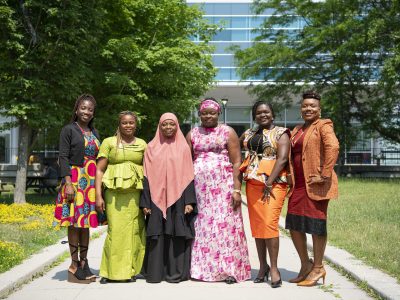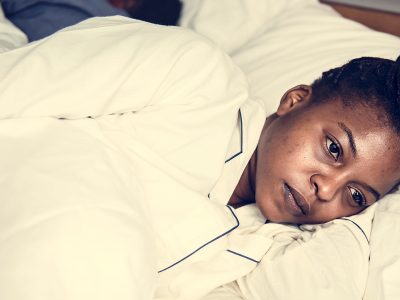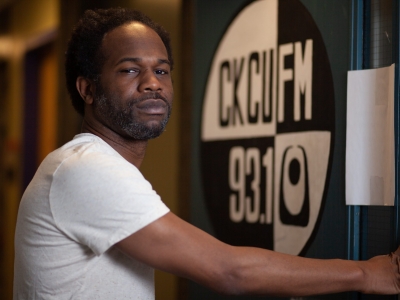By Tyrone Burke
The impetus to address anti-black racism was born in the streets. In the spring of 2020, acts of police violence captured on video catalyzed an anti-racist protest movement that swept the world. Demonstrators filled the streets, but these incidents of violence were only the most recent examples of police brutality against black bodies. What made them different from the others was not that the incidents were more severe or that they were captured on video. It is that they occurred in a moment in which the wider world was ready to recognize them for what they were.
“These demonstrations speak to what is happening on the streets, but these demonstrations were not about this specific violence,” says Aboubakar Sanogo, a professor of Film Studies in Carleton’s Faculty of Arts and Social Sciences (FASS).
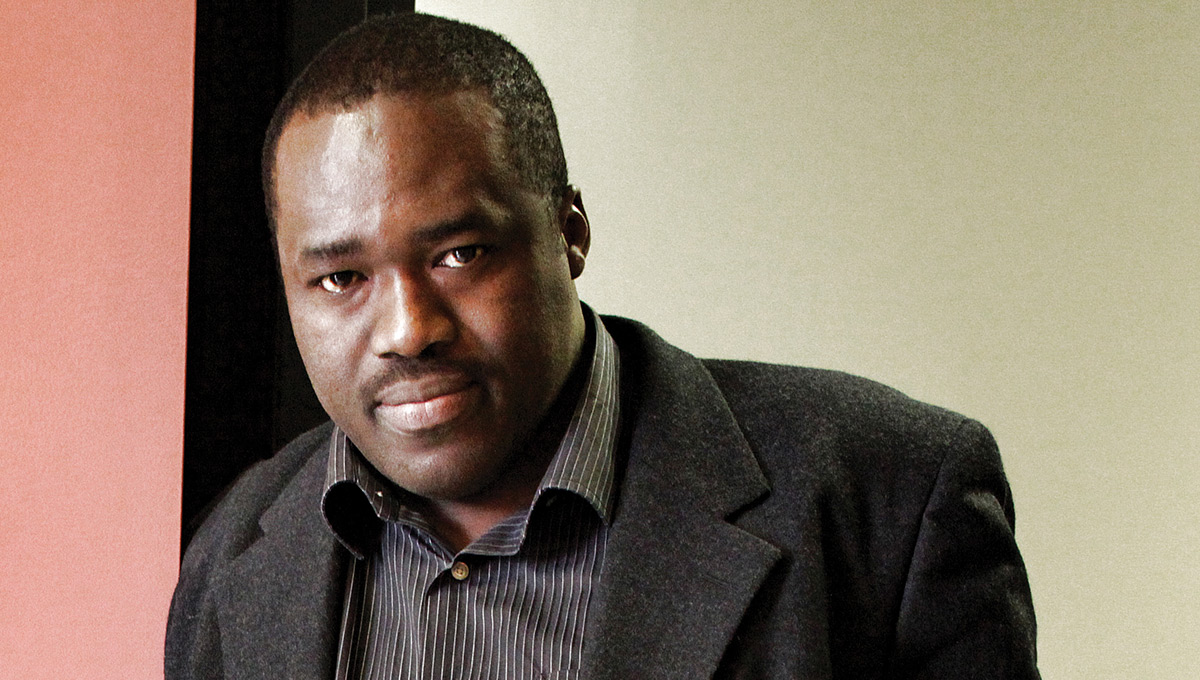
Prof. Aboubakar Sanogo
“The repressive forces of order that police exercise on black bodies are symptomatic of deeper structural problems about the value of black lives. We have to work toward completely dismantling all of the structures of racism that hold us back.”
Black Canadians are underrepresented in many of the spaces where decisions that impact their lives are made—including city councils, school board trustees, and chambers of commerce.
On Tuesday, Oct. 13 at 7 p.m., Sanogo is moderating an online panel that envisions a city that is fairer and more inclusive. Imagining an Anti-Racist City is part of Healthy Cities, a FASS panel series that explores how we can make our cities better places to live.
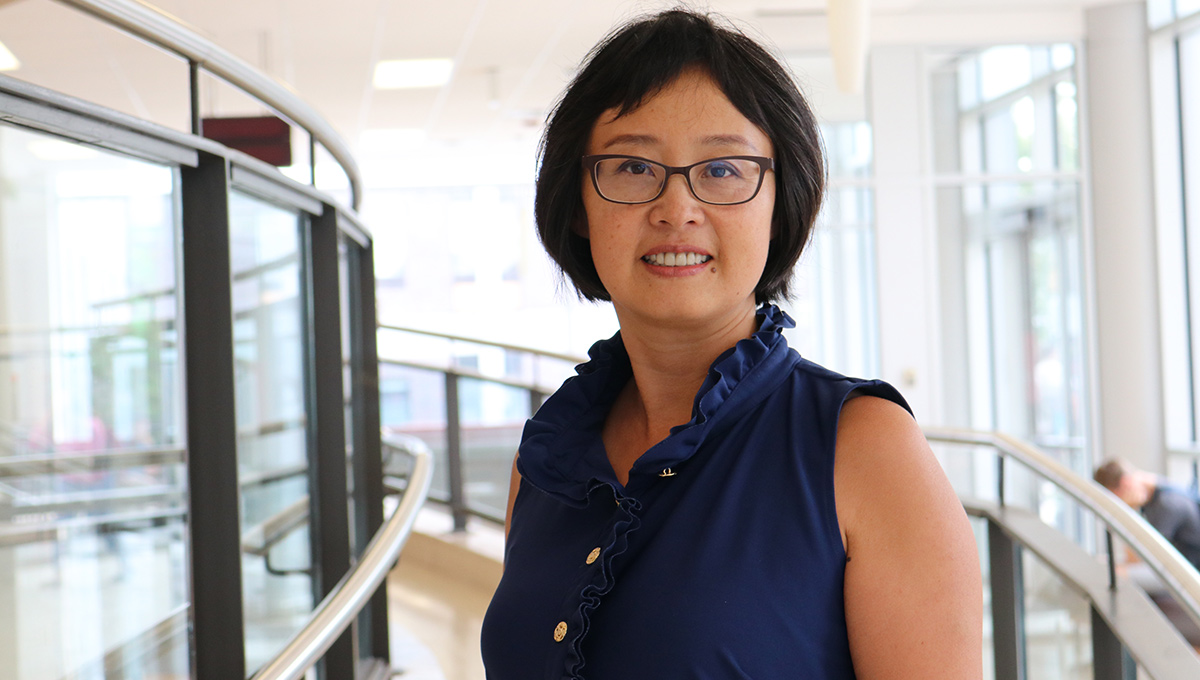
Prof. Xiaobei Chen
The panel will feature Rawlson King, City Councillor for Ottawa’s Ward 13 Rideau-Rockcliffe; Daniel McNeil, a professor of Africana Studies in Carleton’s Department of History; and Xiaobei Chen, professor and associate chair of Carleton’s Department of Sociology and Anthropology.
Sanogo will explore each thinker’s understanding of the present moment, as well as what an anti-racist city might look like.
“One of the key questions that we will try to answer is, can we breathe in the city, or is the city preventing us from breathing—is it killing us—both metaphorically and literally?”
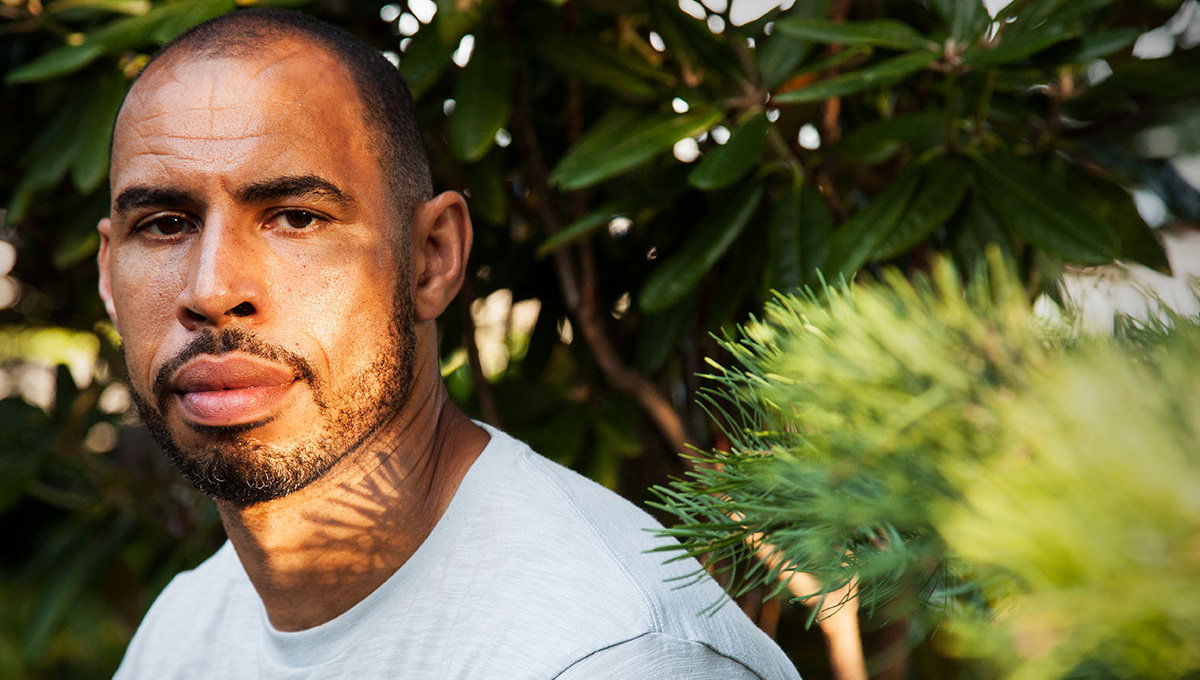
Prof. Daniel McNeil
This framing poignantly connects the panel discussion to the murder of George Floyd—and others who have suffered similar violence. But it also speaks to institutional barriers that can suffocate the success of black Canadians. Understanding how the city and its institutions are experienced by black Canadians is critical to creating a city in which all residents can live free of fear.
“This question is ultimately about voice. It is about the inability to have a voice for one’s perspective and experience. The system will only sit down and listen when people try to disrupt it profoundly,” says Sanogo.
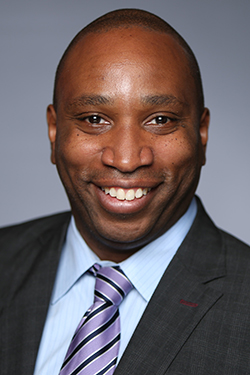
Councillor Rawlson King
“This is not simply about joining a system that already exists. That system is rooted in inequality. This is about transforming the system, so that even those who benefit from racism can work to actively dismantle it. Together, we may be able to invent a more equal and just society. We need to think about this moment as an opportunity for imagination—for a reimagination—of the way we live, our relationships, and the kinds of cities that we want to live in. This is not simply a moment, but a harbinger of a genuine social revolution.”
For the wider university community, the panel presents an opportunity to gain perspective on how a single set of institutions can be experienced in some profoundly different ways. Carleton’s President and Vice-Chancellor Benoit-Antoine Bacon will deliver remarks, and listen in to the event. So will Psychology Prof. Anne Bowker, who is also the associate dean for Student Affairs.
“It’s critical for universities to be engaged with anti-racism, and to work with the community,” says Bowker.
“We need to be doing research and listening to what people are telling us. That’s what we are trying to do with Healthy Cities.”
Registration for Imagining an Anti-Racist City and additional information about the event is available at: https://carleton.ca/fass/healthy-cities/
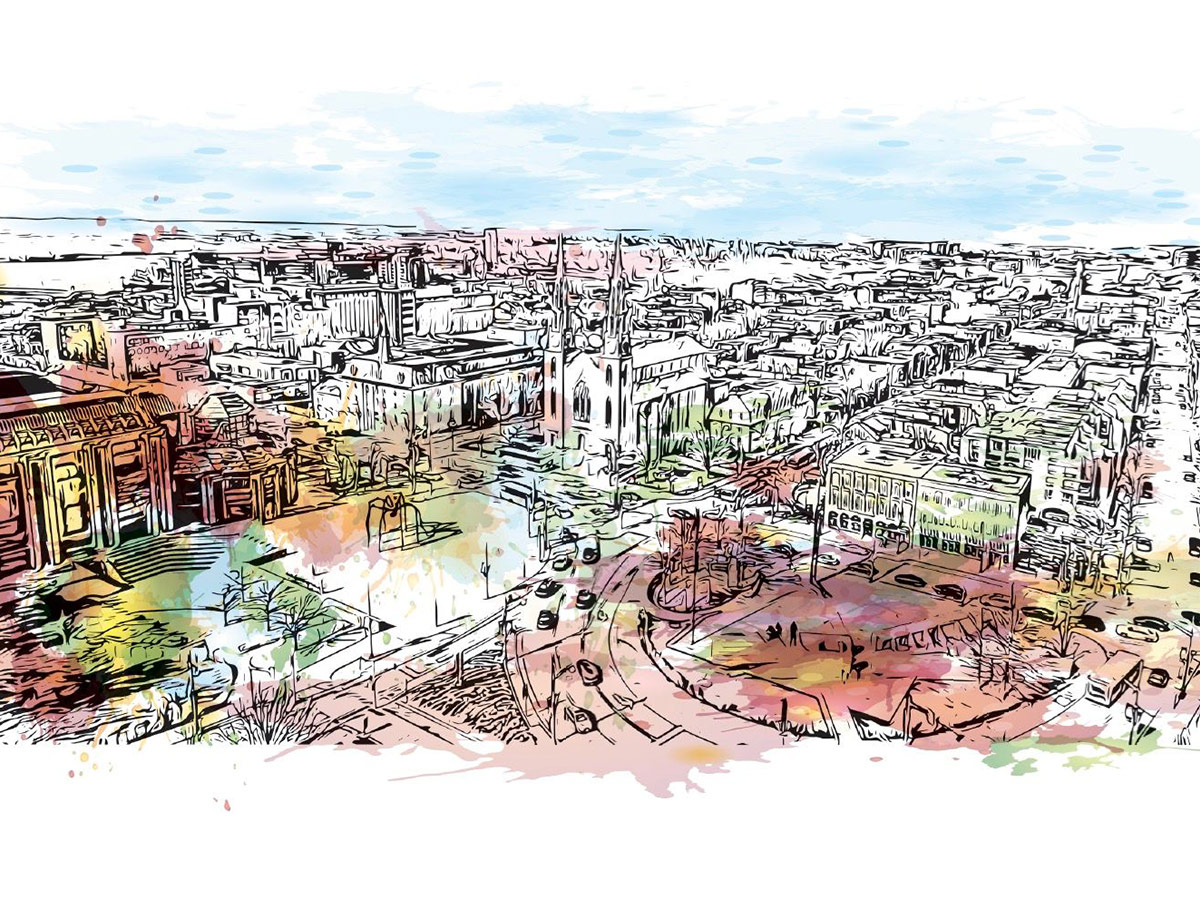
Friday, October 9, 2020 in African Studies, Events, Faculty of Arts and Social Sciences, Sociology and Anthropology
Share: Twitter, Facebook
